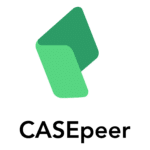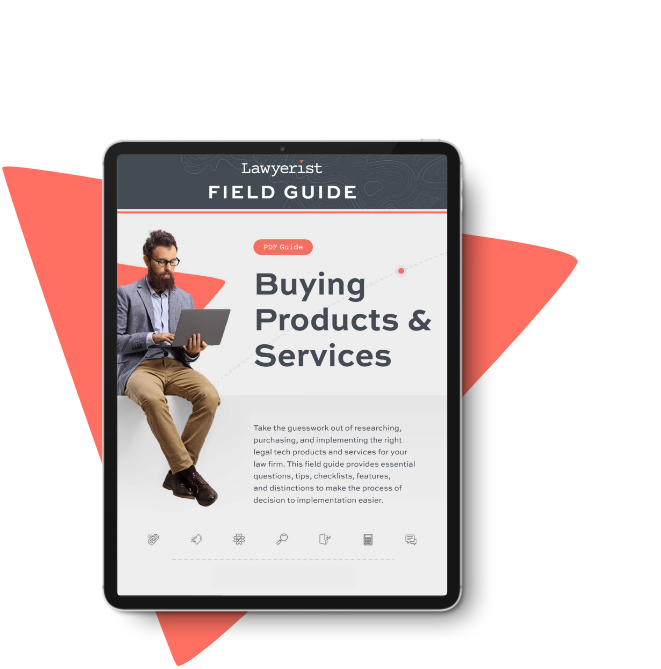CASEpeer Review: Law Practice Management Software

Lawyerist Rating for CASEpeer
Rating Breakdown
Our Rating: 4.4/5
Our rating is based on our subjective judgment. Use our resources—including our rating and community ratings and reviews—to find the best fit for your firm.
Community Rating: 5/5 (based on 1 rating)
The community rating is based on the average of the community reviews below.
Composite Rating: 4.6/5
The composite rating is a weighted average of our rating and the community ratings below.
4.6/5
What is CASEpeer?
CASEpeer is clearly meant for personal injury firms who are looking for robust, cloud-based Law Practice Management Software. It is built to be relatively plug-and-play for most firms. Attorneys with systems and processes in place will likely find particular features, like settlement calculators, demand trackers, and other very specific Personal Injury reports, extremely helpful.
Starting Cost: $79/user/month
- Document Management
- Settlement Tracking
- Litigation Focus
- Limited Intake
- Complex Initial Set-up
- Weak Accounting
CASEpeer Review: Law Practice Management Software Features
Customer Experience & Support
/5
Price & Value
/5
Security
/5
Innovation & Future-Proofing
/5



Lightyears ahead of the other CRMs
On the surface, it appears to be similar to Clio, Filevine, etc… although once you start using it, you’ll understand the power that it gives any sized PI firm.
Incredibly user-friendly but also jam-packed with PI specific tools that allow you to view firm-wide Demands, offers, and client communication. The settlement section alone is worth the transfer.
Trust me, if you’re in personal injury use CasePeer. You will not be let down.